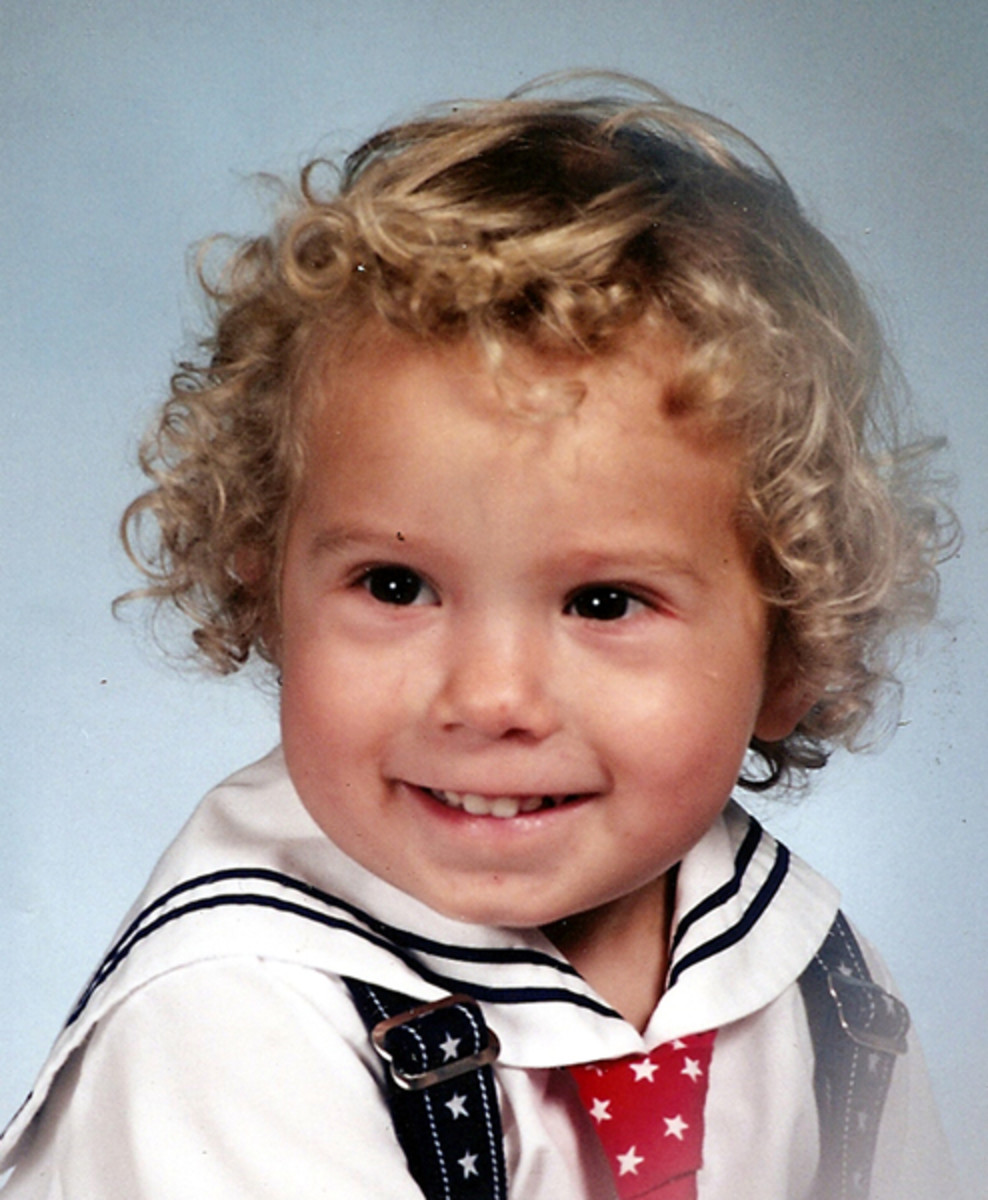Why Having Healthy High Self-Esteem Is Very Important To Children- How YOU As Parents Can Help!, Part II

The GREATEST Legacy That Parents Can Impart To Their Children Is A Healthy High Self-Esteem
(5) Give your children the individualized attention they need. Children must feel that they are important. Paying individualized attention to your children make them feel that you love and care for them. They feel as they are an important and integral part of the family unit.
Children always want to believe that they are important in their families. Nothing makes a child more important than to believe that his/her parents value him/her enough to want to spend time with him/her. Children who do not receive the prerequisite and/or only perfunctory parental attention often believe that they are in the way and/or unwanted.
Children who do not receive individualized parental attention often seek outside attention. Oftentimes, this attention may be less than positive. Let's say it more succinctly-this attentioin is frequently negative. Many predators target children who did not receive the prerequisite parental attention. They know how to use psychological ploys in order to capture a child's attention and then ensnare him/her.
(6) Do not EVER practice favoritism with your children. Although many parents are hesitant to approach the issue of favoritism, it is common in more families than what it is supposed. Children need to know that they have their parents unconditional love and acceptance for the unique people they are. No matter how much parents adamantly proclaim that there is no favoritism in their respective families, children instinctively and innately know who is/are the favorite ones among their parents.
Favoritism impact children in more ways than one. Children who are parental favorites tend to develop a superiority complex. They also contend that they can do no wrong. Many of them develop an entitlement complex, believing that everyone should acquiesce to them the way their parents did.
Favoritism adversely affect the less favorite child and/or children in the family. They believe that their parents do not love them as much as their favorite sibling/siblings. These feelings translate into they feeling quite insignificant in the family scheme of things.
Many unfavored children become envious and resentful of the preferential treatment that the favorite child receives. Many times, an unfavored child develop a deep hatred of the more favorite child in the family. Oftentimes, rifts develop in the family which last a lifetime and cannot be repaired.
To increase your children's self-esteem, treat all of your children as if they are your favorites. Each child in the family has unique characteristics, personalities, gifts, and/or talents which should be encouraged, nurtured, and respected. One child in the family is no better than the other children in the family. One child in the family should never be exalted over another child. Children often have a difficult time as it is without the familial politics of favoritism.
(7) Teach your child responsibility and accountability. Being a responsible person is one of the most important lessons a parent can teach a child. Responsibility is an important component of maturity. Children can learn responsibilities in many ways including household chores, summer jobs, and/or participating in community and/or neighborhood projects.
Children who develop a strong sense of responsibility feel empowered and feel that they are in control of their destiny. In addition to that, they are developing important problem solving skills which can be transferred into academic and career endeavors. They must learn that they are contributing members of society, It is never too early for children to learn the art of being responsible members of society.
In addition to being responsible, children must learn that they are accountable for their actions, especially if those actions are less than positive. Many parents tend to rescue their children, often explaining away their actions. As a result of such behavior, many children believe that they can do and act anyway they please without any consequences. Such children are often in for quite an awakening when the outside world is not so forgiving.
There is a saying that what parents fail to instill, life instills. Oftentimes the lessons which life instills can be quite unpleasant indeed. When children are taught that they are accountable for their actions, they think long and hard before they decide to engage in any undesirable action. They know that if they have indulged in negative actions, they will be held accountable and face the consequences of such actions.
By parents instilling such parameters in their children's lives, they are empowering their children with the fact that they are responsible for and accountable in their lives. If they do wrong, it is totally useless to blame others for they are the ones who ultimately committed the less than desirable act. When children realize what they are the wrong thing, they take the necessary steps to correct the act and/or behavior at hand. Being self-regulatory is an important component in a child's having a healthy high self-esteem. He/she does not need to look to others to tell him/her when he/she is acting inappropriate and/or doing what it is undesirable.
In summation, parents can do a myriad of things to increase their children's self-esteem. Yes, self-esteem is highly important component in a child's life. Children with a healthy high self-esteem are self-motivated, responsible, mature, and accountable for their actions. They also possess the survival skills to navigate academic life and later career life. When a child has a healthy high self-esteem, he/she has the skills to thrive in this society. Giving a child a healthy high self-esteem has more intrinsic rewards and is the greatest legacy that parents can impart to their children.








